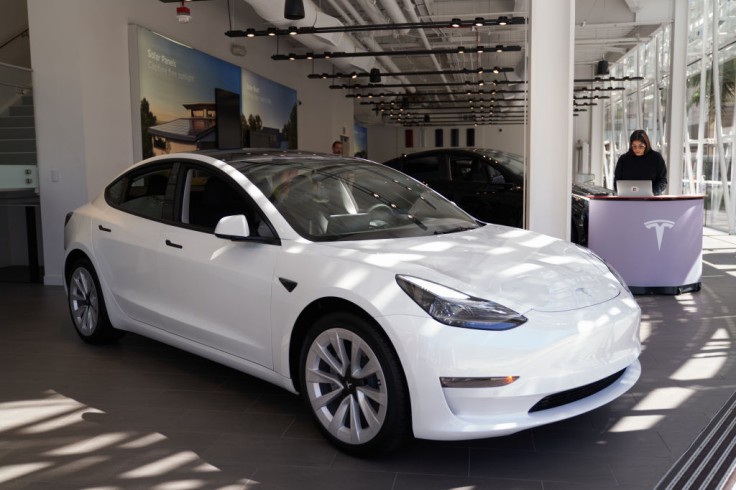Two of Tesla's EVs are going to get quite expensive.
The popular automaker recently announced on its webpages for the Model 3 and Model Y that the tax credits currently appliable to them are likely to be reduced by 2024.
The two Tesla cars involved are the most popular models the automaker offers.
Tesla Tax Credit Reduction Details

Tesla mentioned that the tax credits for its Model 3 and Model Y units are likely to get reduced tax credits by 2024, per the statements it added to the cars' respective web pages. According to Tesla, customers who take delivery of a qualified new Tesla and meet all federal requirements are eligible for a $7,500 tax credit, and the reduction will likely come into effect after Dec. 31.
While the automaker didn't mention a reason why the tax credits for two of its most popular units are getting reduced, Tech Crunch believes it has something to do with the government's plan to enforce stricter rules on batteries in 2024.
You may recall that the full $7,500 tax credit is only available if the EV satisfies two conditions:
- if 50% of the value of battery components were produced or assembled in North America, and
- if 40% of the value of critical materials were sourced from the US or another free trade agreement country.
Should an EV fail to meet one of the requirements, it is only eligible for half of the $75,00 tax credit. However, the US government is changing the percentage of the value of critical materials in the second condition to 50% and is adding additional conditions:
- Vehicles can't source battery parts from a foreign country of concern, like China
- EVs can't contain any critical minerals sourced from China or other countries of concern
The US intends to change the conditions for EVs to get tax credits to end its reliance on China for battery manufacturing and parts - a tough reliance to end considering the investments automakers and battery manufacturers made in the country.
Unfortunately, Tesla uses batteries from CATL, a Chinese company, and Panasonic, a South Korean company, for its Model 3s. It also made a deal with BYD, a Chinese automaker, for batteries for its Model Y.
As a result, it is highly unlikely for Tesla's Model 3s and Model Ys to get the full $7,500 tax credit in 2024 should the US government pushes through with its plan.
End of A Prosperous Era?
The changes are bad news for Tesla's wallet and customers who wish to buy a Model 3 or Model Y for themselves. The tax credits helped these models become more affordable to customers, making them the most popular in Tesla's EV lineup.
You may recall that the Model 3 and Model Y units comprised a huge chunk of the deliveries Tesla made during Q1 2023; the tax credits and price cuts the company provided made them even more popular.
The tax credits' reduction is also a blow to Tesla's Model 3, which became qualified for the full $7,500 tax credit again in early June after the Treasury Department cut it in half after it enforced the critical material sourcing requirement in April.
Related Article : Elon Musk Repeats Latest Tesla Full Autonomy Prediction in WAIC 2023









